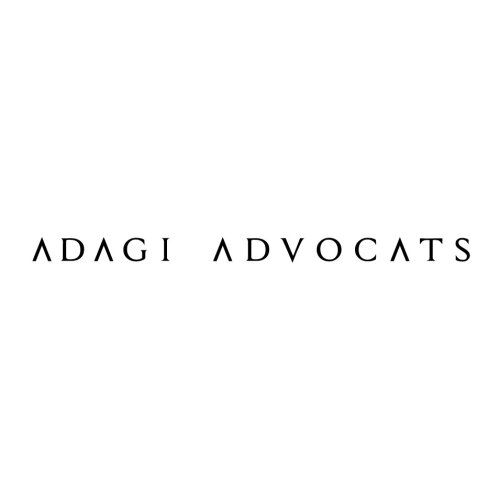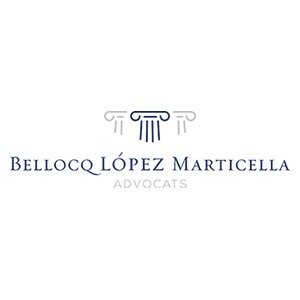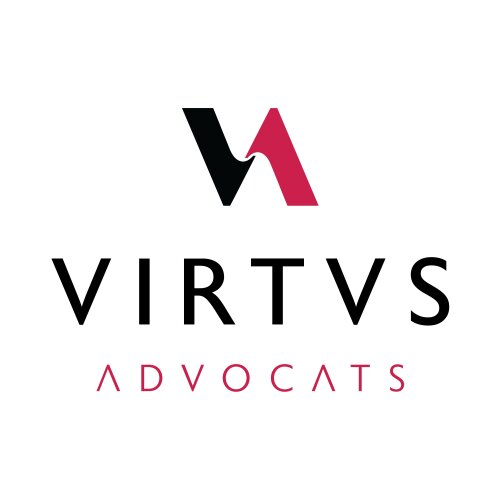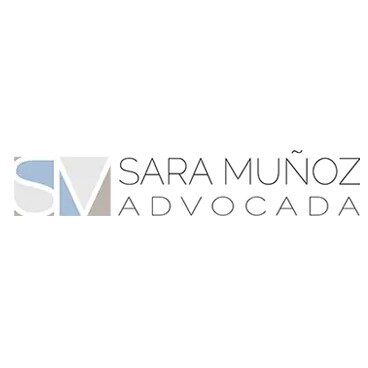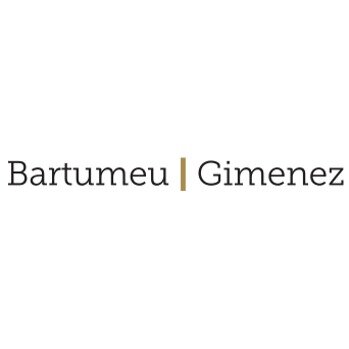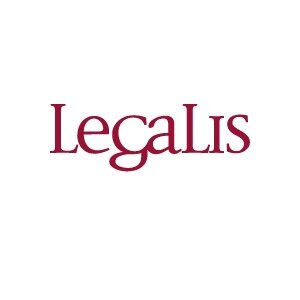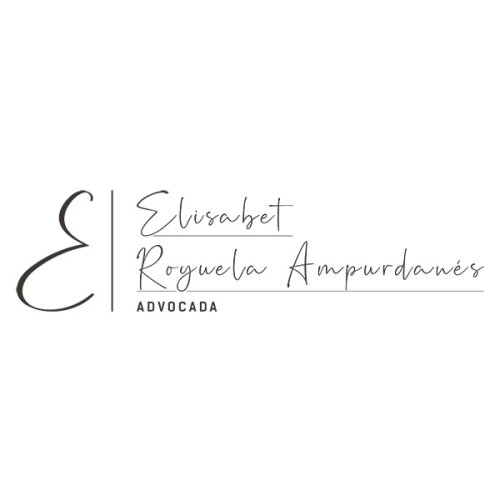Best Mining Law Lawyers in Andorra
Share your needs with us, get contacted by law firms.
Free. Takes 2 min.
Or refine your search by selecting a city:
List of the best lawyers in Andorra
About Mining Law in Andorra
Mining Law in Andorra is a specialized field that governs the exploration, extraction, and management of mineral resources within the Principality. Due to Andorra's small size and its unique position between France and Spain, mining activity is not as extensive as in larger nations, but there are regulations in place to oversee mineral rights, environmental protection, and land use. These laws set out the legal framework for private individuals, companies, and government bodies involved in any mining-related activity.
Why You May Need a Lawyer
Seeking legal advice might become necessary when engaging with mining activities in Andorra for several reasons. You may need a lawyer if you are considering applying for a mining license, negotiating mineral rights or land access with property owners, ensuring compliance with environmental regulations, or resolving disputes with partners, contractors, or government agencies. Additionally, the complex nature of administrative processes, contracts, and the need to interpret local and EU regulations mean that professional legal support can help avoid costly mistakes or penalties.
Local Laws Overview
Key aspects of Andorra’s local mining laws include the regulation of exploration and extraction permits, the delineation of mineral ownership, restrictions on certain types of mining activities (especially those that could harm the environment or public health), and zoning or land use considerations. Mining activities generally require authorization from relevant governmental departments. Environmental regulations play a significant role, as any mining operation must adhere to strict standards to minimize environmental impact. Taxation and royalties are also governed by specific regulations, often negotiated within the concession or permit agreements.
Frequently Asked Questions
What minerals are most commonly regulated under Andorran mining law?
Andorra regulates minerals such as metal ores, construction materials (such as gravel and sand), and stone. However, due to the country's size, laws may also cover other minerals discovered during land development or infrastructure projects.
Who owns the mineral rights in Andorra?
Generally, mineral rights in Andorra are owned by the state. Individuals or companies must obtain authorization from the government to explore or extract minerals, even on private land.
How do I apply for a mining permit in Andorra?
You must submit a formal application to the relevant government authority, usually accompanied by technical studies, environmental assessments, and a detailed proposal of operations. The authority reviews the application and may require public consultation or additional documentation.
Are there environmental restrictions on mining in Andorra?
Yes, mining operations must comply with strict environmental laws designed to protect local ecosystems, water resources, and landscapes. Environmental impact assessments are often required before a project can proceed.
Can foreigners or foreign companies obtain mining rights in Andorra?
Foreign individuals or entities may obtain mining rights, but they must comply with local regulations and may need to establish a legal presence or partnership within Andorra.
What is the role of local communities in mining projects?
Local communities may be consulted during the approval process, especially regarding environmental and land use concerns. Their feedback can impact permitting decisions.
How are disputes over mining rights resolved?
Disputes are typically resolved through negotiation or legal proceedings in Andorran courts. Mediation and arbitration can also be options, depending on contract terms.
What taxes or royalties apply to mining in Andorra?
Mining operators may be subject to specific taxes or royalties outlined in their concession agreements or established by law. Details vary according to the type and scale of operation.
Is small-scale or artisanal mining allowed?
Small-scale or artisanal mining may be allowed but is subject to the same permitting requirements and environmental standards as larger operations.
What are the penalties for unauthorized mining activities?
Engaging in mining operations without proper permits can result in hefty fines, cessation orders, seizure of equipment, and possible criminal liability, depending on the violation.
Additional Resources
For further information or specialized support, you can consult the following resources:
- The Government of Andorra - Department of Land and Environment (responsible for issuing mining permits and overseeing compliance)
- Andorran Bar Association - for referrals to qualified legal professionals with expertise in mining law
- Local Chamber of Commerce - for information on business regulations and investment procedures in mining
- Ministry of Economy and Business - for regulations regarding the financial and economic aspects of mining activities
- Environmental Protection Agencies - for details on compliance with environmental standards in mining projects
Next Steps
If you require legal assistance in the field of mining law in Andorra, it is advisable to collect relevant documents, such as property titles, permits, and any correspondence with governmental agencies. Clearly outline your objectives and any challenges you anticipate. Next, reach out to a licensed Andorran lawyer familiar with mining law. They can guide you through the application processes, compliance requirements, contract drafting or negotiations, and dispute resolution if needed. Acting early and working with an experienced legal professional can help safeguard your interests and ensure compliance with all legal requirements in Andorra.
Lawzana helps you find the best lawyers and law firms in Andorra through a curated and pre-screened list of qualified legal professionals. Our platform offers rankings and detailed profiles of attorneys and law firms, allowing you to compare based on practice areas, including Mining Law, experience, and client feedback.
Each profile includes a description of the firm's areas of practice, client reviews, team members and partners, year of establishment, spoken languages, office locations, contact information, social media presence, and any published articles or resources. Most firms on our platform speak English and are experienced in both local and international legal matters.
Get a quote from top-rated law firms in Andorra — quickly, securely, and without unnecessary hassle.
Disclaimer:
The information provided on this page is for general informational purposes only and does not constitute legal advice. While we strive to ensure the accuracy and relevance of the content, legal information may change over time, and interpretations of the law can vary. You should always consult with a qualified legal professional for advice specific to your situation.
We disclaim all liability for actions taken or not taken based on the content of this page. If you believe any information is incorrect or outdated, please contact us, and we will review and update it where appropriate.
Browse mining law law firms by city in Andorra
Refine your search by selecting a city.



